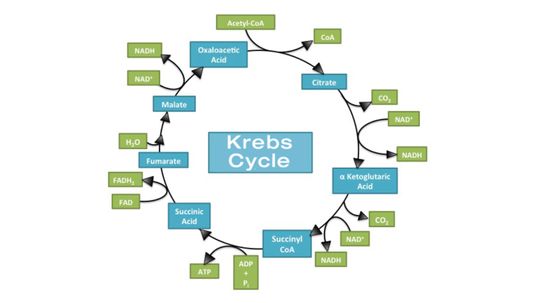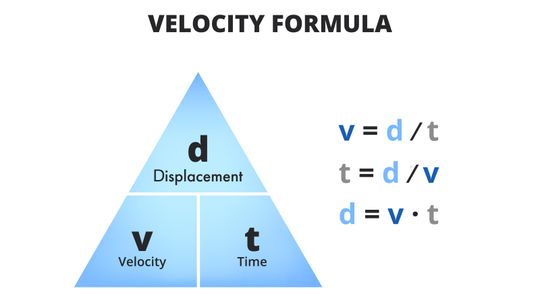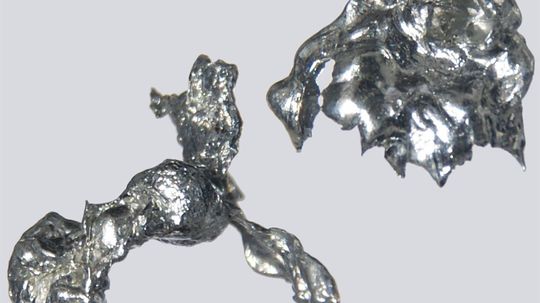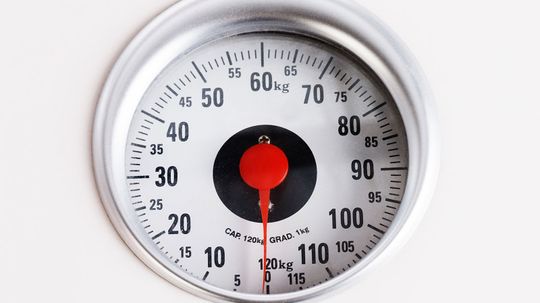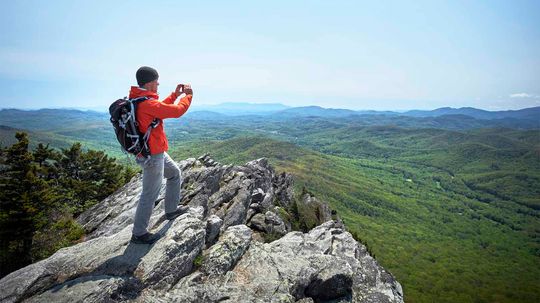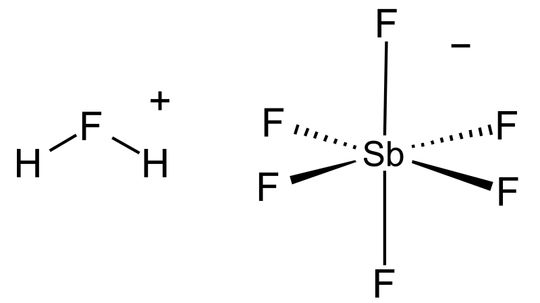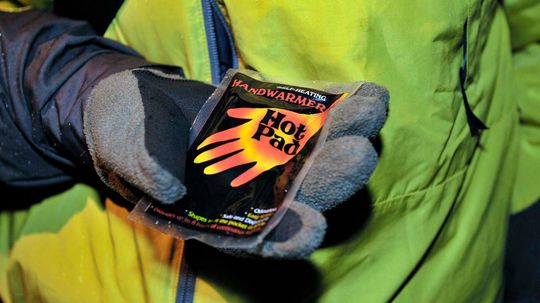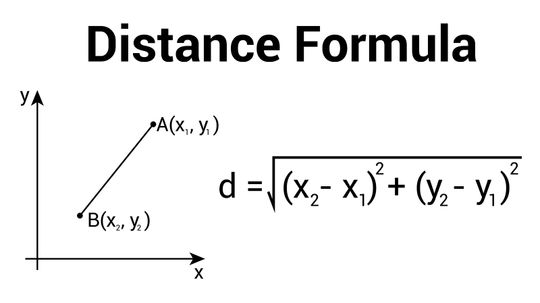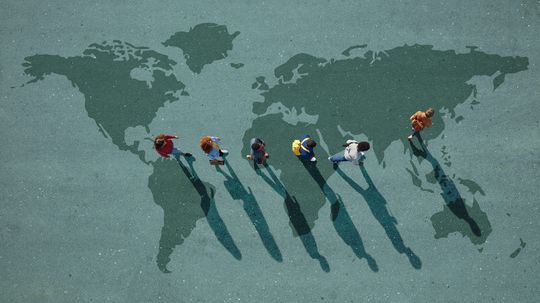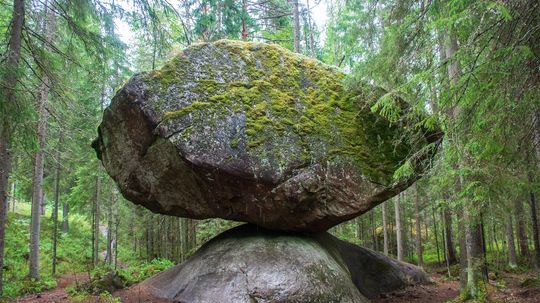Physical Science
Physical science is the study of the physical world around you. Learn about everything from electricity to magnetism in this section.

Brown Noise vs. White Noise: Which Is Best for Quality Sleep?

Can a sound wave kill you?

Can two cans and a string really be used to talk over a distance?

7 Types of Alcohol for Drinking, Cleaning and More

Understanding the Empirical Formula in Chemistry
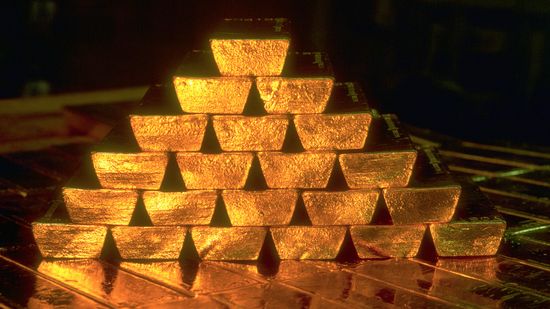
The Most Expensive Metal in the World Isn't Gold or Platinum

How Electricity Works
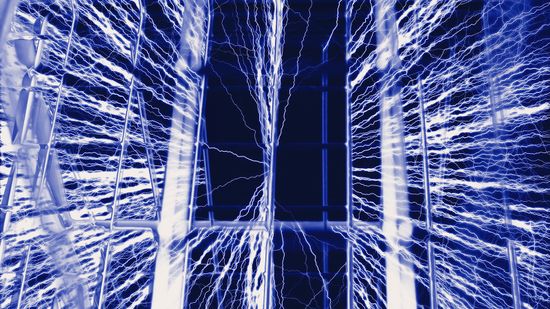
How Faraday Cages Work

How Gasoline Works

What Does Mummification Have to Do With Gene Hackman?
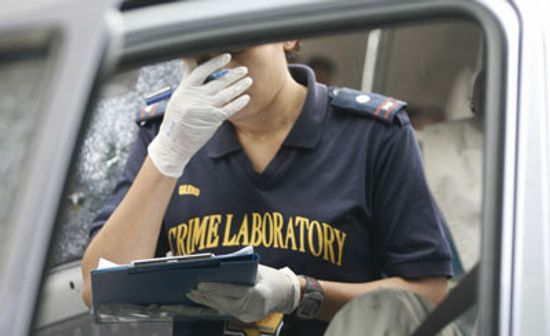
What do bugs have to do with forensic science?

5 Things You Didn't Know About Autopsies

How Alchemy Paved the Way for Chemistry

How did Nikola Tesla change the way we use energy?

Time May Not Exist, Say Some Physicists and Philosophers
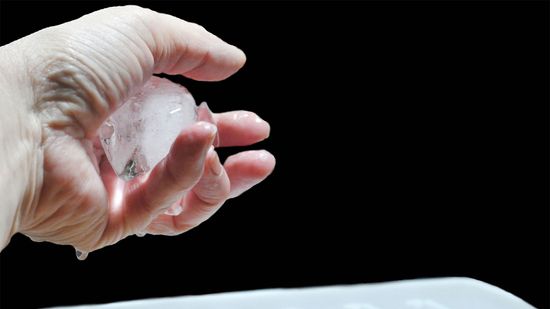
Why Does Ice Stick to Your Fingers?

What if I forgot to remove a piercing before an MRI?

A Kid-friendly Introduction to Magnets and Magnetism

What's the Hardest Math Problem in the World? Try These 9

8 Types of Data That Inform Insights and Relationships
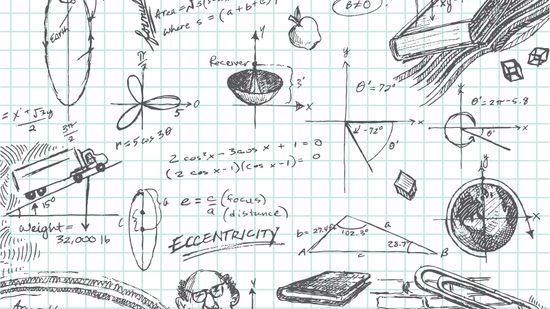
Congruent Angles: Definition, Symbol and Key Theorems

Tonnes vs. Tons: Metric vs. Imperial Measurements Strike Again

The Most Expensive Liquid Is 26,000x the Price of Human Blood
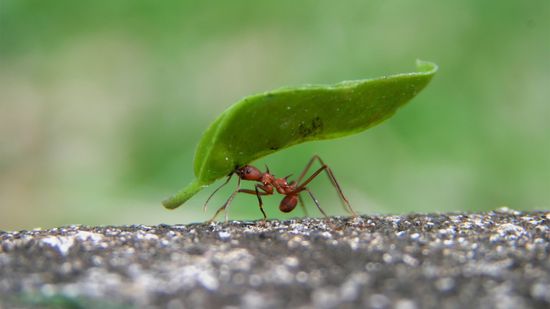
5 Hugely Fun Facts About Mass (Not Weight)

The Demon Core: A Tale of Atomic Ambition and Tragic Fate
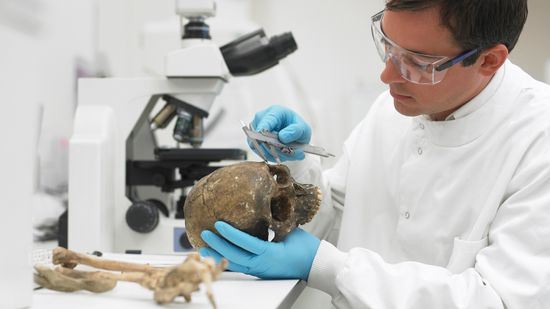
Half-Life Formula: Components and Applications
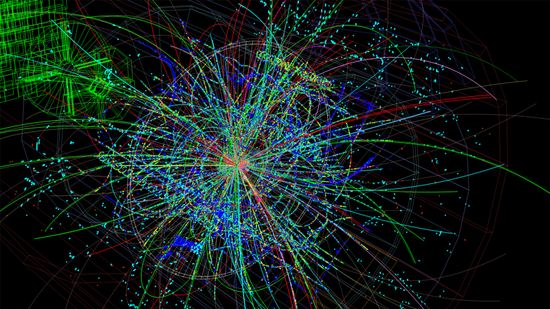
Could an 'X17 Particle' Hint at a Fifth Force in the Universe?

Why Are School Buses Yellow?

HowStuffWorks: How To Draw An Impossible Shape
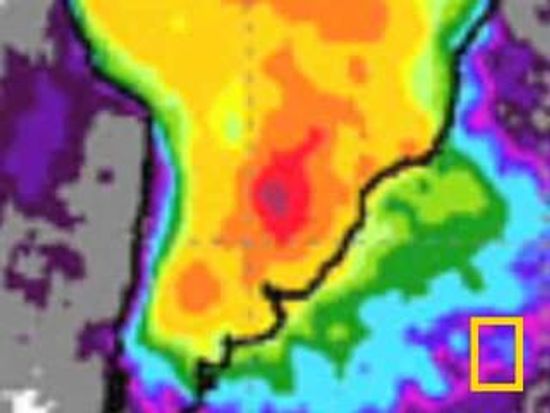
What Are the Colors in the Visible Spectrum?
Learn More / Page 12
When speed is everything and light marks the universe's speed limit, lasers are bound to be the answer. At least, that's what NASA and a bunch of Wall Street types are betting on.
If you have trouble sleeping you might have been told to get a white noise machine. But white isn't the only color of noise out there.
We'll show you both a quick and dirty way, and a precise, more complicated formula for converting Celsius to Fahrenheit (and vice versa).
Advertisement
Discovered in the early 1800s from a chunk of smuggled platinum ore, rhodium is the most valuable precious metal on the planet today, used mainly for keeping car emissions in check.
The main function of the Krebs cycle is to produce energy, stored and transported as ATP or GTP, to keep the human body up and running.
Many people get speed and velocity confused. It's no surprise because the terms are often used interchangeably. But they're not quite the same thing. So how do you find the velocity of an object?
By Mark Mancini
Cadmium is a natural metal and the leading component in rechargeable batteries and solar cells. It is also highly toxic and heavily regulated.
Advertisement
Converting kilogram measurements into pounds is not hard. We'll show you the textbook way plus two quick-and-dirty shortcuts.
By Mark Mancini
We all have favorite colors. But have you ever considered why you like one color more than another?
Most of the world uses meters, apart from the U.S. and a few other countries. So what's an easy way to convert from meters to feet and vice versa?
By Mark Mancini
Both degrees and radians represent the measure of an angle in geometry. So, how do you convert one to the other?
By Mark Mancini
Advertisement
Your eyes aren't playing tricks on you. Those mountains way off in the distance really do look blue, and it's because of how light wavelengths scatter in the atmosphere.
By Mark Mancini
Superacids are those with an acidity greater than sulfuric acid. So which is the most super of superacids and what exactly is it used for?
Hand warmers work through simple chemistry. A massively sped-up version of oxidation (the chemical reaction that makes rust) is to thank.
You can find the distance between two points by using the distance formula. It's an application of the Pythagorean theorem. Remember that from high school algebra?
Advertisement
The very idea of trying to subtract one fraction from another may send you into convulsions of fear, but don't worry - we'll show you how.
Want to know the area of your pizza or the kitchen you're eating it in? Come on, and we'll show you how to figure it out with an area formula.
We take the mystery out of reporting the percent error correctly and show you how to use it in real life.
By Mark Mancini
The Collatz conjecture can be worked on by 9-year-old math whizzes, but it's flummoxed some of the greatest minds of the past century. Will it ever be solved?
Advertisement
A new geometric shape called the "einstein" shape has been discovered and when you tile it, no repeating pattern emerges.
Math is a language of symbols and equations and knowing the basic signposts is the first step in solving mathematical problems.
It's seeped into movies and popular culture, but what does "six degrees of separation" really mean? Are we really that connected to each other?
By Dave Roos
Metallurgy involves studying how metals behave and using that understanding to manipulate and shape them into various forms.
Advertisement
If you're already familiar with subtracting fractions, learning how to add fractions will be a piece of cake for you. And if you haven't learned how to subtract fractions yet, don't worry - we've got you covered!
It looks completely impossible that this rock should stand, balanced as it is, but it has not moved since the last ice age.




